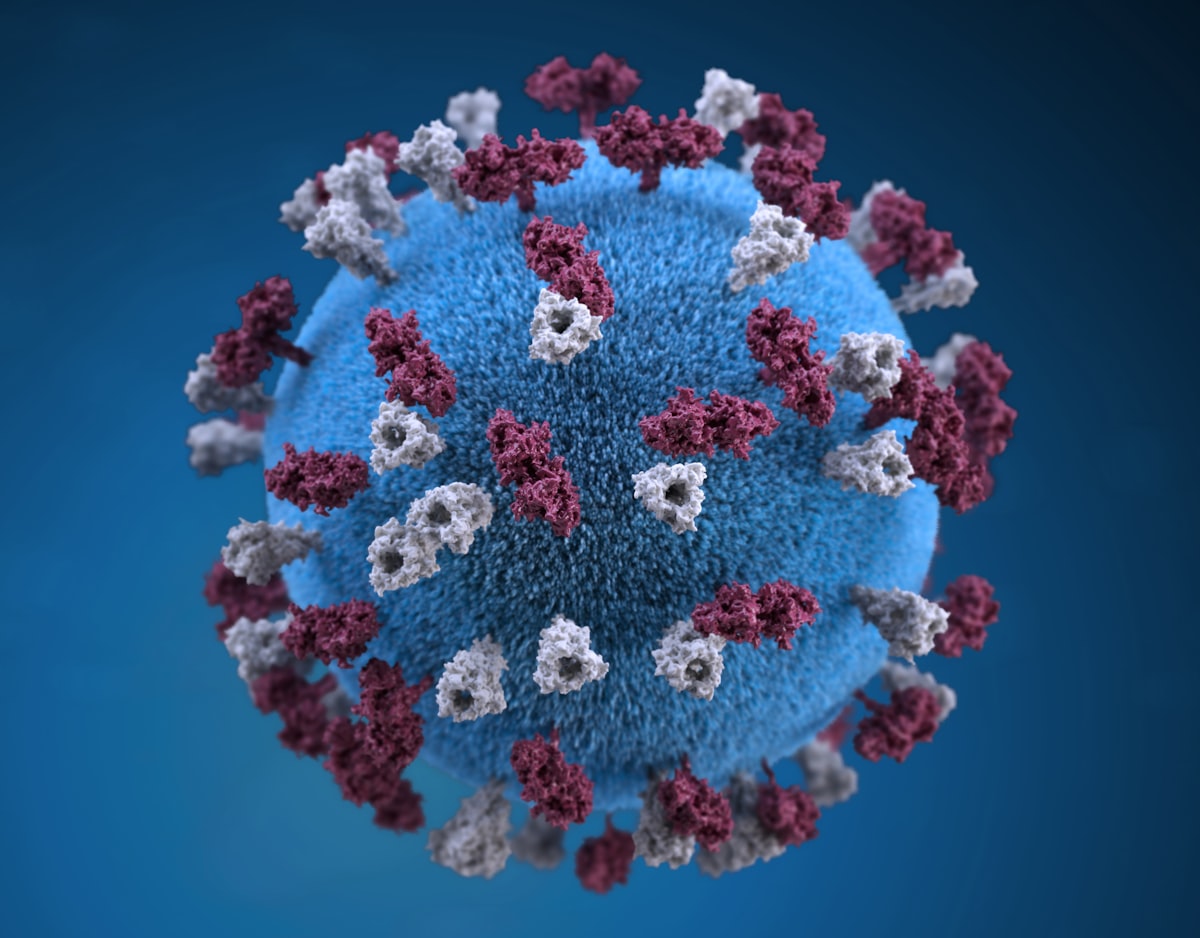Why is measles spreading during this time of the year?
Measles, a highly contagious viral disease, can cause major health problems, especially in young infants and adults with weaker immune systems. Measles is spread by coughing and sneezing. .

Let’s get a background on measles
Measles is a highly contagious viral disease that can lead to serious health complications, especially in young children and adults with weakened immune systems. It is caused by the measles virus, which is transmitted through the air when an infected person coughs or sneezes. The virus can also live on surfaces for up to two hours, making it easy to contract the disease by touching a contaminated object or surface and then touching one's nose or mouth.
Symptoms of measles typically appear 7-14 days after exposure to the virus:
Examples include:
- Fever
- Cough
- Runny nose
- Red watery eyes
- Rash that spreads over the entire body. The rash usually appears 3-5 days after the onset of symptoms and lasts for several days.
Other common symptoms:
- Diarrhea
- Ear infections
- Pneumonia.
Diagnosis: Measles can be diagnosed through a blood test or by examining the characteristic rash and other symptoms.

How can it affect a wide range of age groups?
Measles can be a serious illness, particularly in young children, pregnant women, and people with weakened immune systems. Complications of measles can include ear infections, pneumonia, encephalitis (swelling of the brain), and even death.
The risk of complications is higher in:
children under 5 years of age
adults over 20 years of age
people with weakened immune systems.
Let’s rewind into the history:
Measles was once a common childhood illness in the United States, with an estimated 3-4 million cases each year before the introduction of the measles vaccine in 1963. After the vaccine became widely available, the number of cases dropped dramatically, with only a few hundred cases reported each year by the early 2000s. However, in recent years, there has been an increase in the number of measles cases in the United States and around the world.
Where is the trend going now?
The trend of measles cases has been attributed to a combination of factors, including low vaccination rates, international travel, and outbreaks in other countries. In some communities, there has been a reluctance to vaccinate children due to misinformation about the safety and effectiveness of vaccines. This has led to pockets of unvaccinated individuals who are vulnerable to outbreaks of vaccine-preventable diseases like measles.
How can it affect different weather seasons?
Measles can spread easily during different times of the year, particularly in the winter and spring months when people tend to spend more time indoors and in close proximity to each other. The virus can survive on surfaces for up to two hours, which means that it can easily be transmitted in public places like schools, childcare facilities, and airports. Additionally, the virus can be spread by people who are not showing symptoms, which makes it difficult to control outbreaks.
Some prevention tips:
To prevent the spread of measles, it is important to get vaccinated. The measles vaccine is safe, effective, and recommended for all children and adults who have not had the disease or been vaccinated. It is typically given as part of the measles, mumps, and rubella (MMR) vaccine, which is usually given to children between 12-15 months of age and again between 4-6 years of age. Adults who have not had the vaccine or the disease should also be vaccinated, particularly if they are traveling to areas where measles is common.
Moreover, there are other steps that individuals can take to prevent the spread of measles. These include washing hands frequently with soap and water, covering the mouth and nose when coughing or sneezing, avoiding close contact with people who are sick, and staying home from school or work when sick.
Wrap up:
Measles is a highly contagious viral disease that can lead to serious health complications, particularly in young children and people with weakened immune systems. The disease can be prevented through vaccination, which is safe, effective, and recommended for all children and adults who have not had the disease or been vaccinated. It is important to keep ourselves and our loved ones safe! Be informed and take informed decisions!


